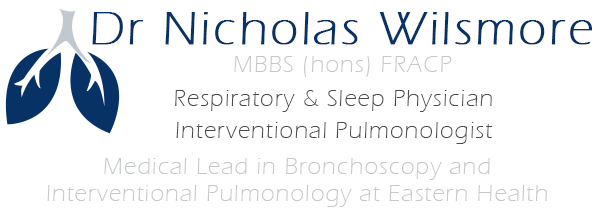Insomnia
Insomnia relates to difficulty maintaining or initiating sleep. Acute temporary insomnia is very common, and usually resolves without treatment, however, chronic insomnia can become very debilitating for patients. It is important to remember that whilst insomnia can provoke anxiety, it is not life-threatening, and there will usually be some strategies that can improve things greatly for individual patients.
Some general tips for insomnia:
- Avoid becoming overly stressed or anxious (sleep will come when it will come)
- Avoid spending long periods of time in bed awake (bed should be for sleep)
- Avoid other activities in bed (such as watching TV)
- Avoid excessive electronic device use in the evening hours (i.e. no tablet or computer use during the evening)
- Avoid caffeine after midday (caffeine is present in many foodstuffs, not just coffee)
- Ensure adequate sunlight exposure during the daytime hours (at least ½ hour outside, without sunglasses on, preferably in the early to mid morning)
- Consider potential benefits of exercise
- Avoid alcohol at night.
- Consider potential benefits to stress management, relaxation exercises or some sleep psychology input.


